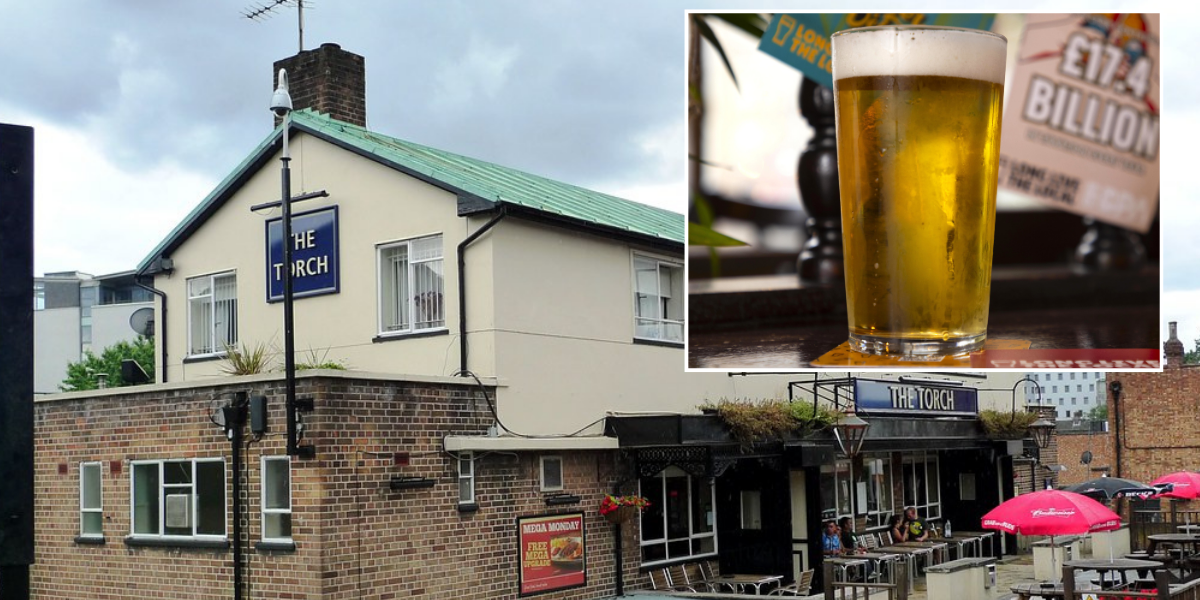During the more than 350 years during which slavery was legal in Brazil, harsh conditions prompted a string of uprisings, often resulting in the establishment of quilombos – independent communities formed by escaped Africans who were formerly enslaved, and their descendants.
None were more prominent than the one known as Palmares, where, in the 17th century, as many as 11,000 people lived in a string of communities across parts of the north-eastern states of Alagoas and Pernambuco.
But the roughly 100-year history of what historians regard as the most significant resistance movement against slavery in Brazil began to unravel on 20 November 1695, when its most famous leader, Zumbi, was captured by Portuguese colonial forces and killed.
Three hundred and twenty-nine years later, the date will for the first time be marked as a national public holiday: Black Consciousness Day, which has been a longstanding demand of Black movements that still face attacks from the far right.
A series of events – including at least 38 in São Paulo alone – will mark the date nationwide, celebrating Zumbi, Palmares and the ongoing fight for racial equality.
“Palmares was the largest quilombo in the Americas, both in terms of its longevity and population,” said Danilo Luiz Marques, a historian and professor at the Federal University of Alagoas.
Some researchers have described Palmares – whose first records date back to 1590 – as the earliest form of a republic to emerge on Brazilian soil. Marques, however, argues that it was a Bantu kingdom, reflecting the central-African language family to which most Africans brought to Brazil belonged.
Black movements in Brazil have celebrated the names of Zumbi and Palmares since the early 20th century at the earliest, but it was only in 1971 that 20 November became a key date.
Activists had sought a date to contrast with another historically associated with Black people: 13 May, the day slavery was abolished in 1888.
Rather than celebrating Black individuals, however, 13 May had traditionally been used to exalt the white princess who signed the abolition decree: Isabel, then the regent of the Brazilian empire.
“The princess was glorified as if she had granted a favour to the enslaved people; as if she were a heroine,” said Deivison Campos, a historian and professor at the Pontifical Catholic University of Rio Grande do Sul.
“The Palmares group sought to counter this narrative, proposing 20 November as a way to honour the collective struggle for the inclusion of Black people in Brazilian society,” he said.
Today, 13 May is still celebrated, with Black activists arguing it cannot be ignored since abolition was primarily the result of Black resistance. However, 20 November has become so popular that November is now informally known as Brazil’s Black Consciousness Month.
The law to make Black Consciousness Day Brazil’s 10th national holiday – signed by President Luiz Inácio Lula da Silva in December 2023 – was passed amid significant resistance from conservatives.
During the presidency of far-right leader Jair Bolsonaro, Sérgio Camargo, the then head of the Palmares Foundation – a federal body established in 1988 to promote African-Brazilian culture – harshly criticised the 20 November holiday, labelling it the Day of Black Victimisation, the Day of the Black Mind Enslaved by the Left or the Day of Resentment for the Past.
Some within the far-right even doubt the existence of Palmares or its most famous leader despite extensive historical evidence. “Falsehoods have always been used to attack Black history,” said Marques.
Brazil’s largest television network, Rede Globo, will mark the date with a 50-minute primetime special focusing on the wrongful imprisonment of Black individuals based on photographic identification – a widespread issue in the country.
“In Brazil, Black people continue to be imprisoned, deprived of freedom, a healthy life and the chance to realise their dreams simply because they are Black,” said the special’s creator and presenter, Clayton Nascimento.
“It’s important that 20 November is, for the first time, a public holiday because it allows us to pause and reflect on Brazil’s Black history. We were the ones who built this nation,” he added.

 By American Renaissance | Created at 2024-11-23 00:08:50 | Updated at 2024-11-23 14:21:35
14 hours ago
By American Renaissance | Created at 2024-11-23 00:08:50 | Updated at 2024-11-23 14:21:35
14 hours ago








